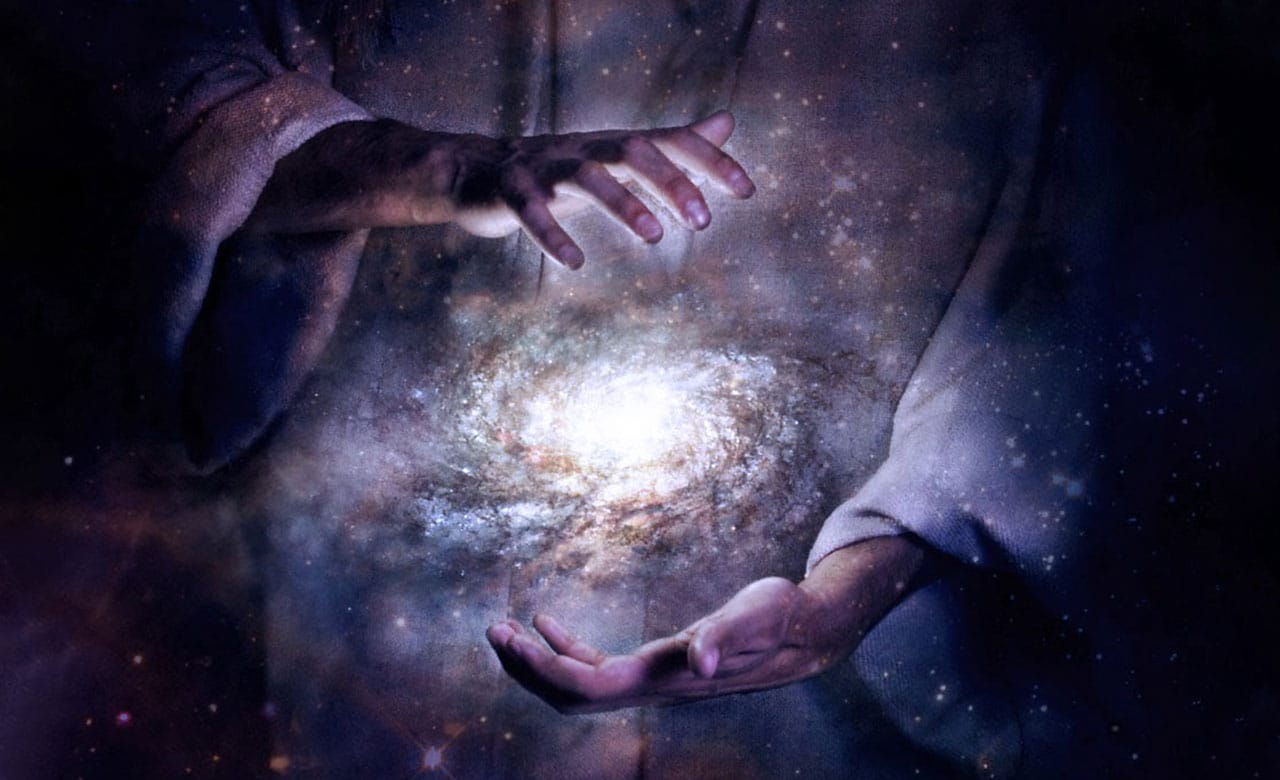
Informative
The Non-Duality of Tantra – Advait
Good and bad, right and wrong, black and white, positive and negative, male and female, me and you, us and them, are all examples of duality. Of when we separate or divide something into two. But that’s important, right? To be able to distinguish, recognize, and understand the differences? Well, what if these differences and distinctness become a hindrance on our path towards liberation? Would we still want to differentiate? OK, then maybe we won’t differentiate. But how? How can one not differentiate when the differences are so clear and so visible? By understanding the non-duality and embracing the differences and by recognizing everything as a whole and undivided.
Nondualism primarily refers to a mature state of consciousness, in which the individuality of ‘I’ is melted, and awareness is described as “centerless” and “without distinction”. This state also spreads over the ideas of right-wrong, good-bad, and everything that is considered the opposite of the other. In Sanskrit, Non-Duality or Non-Dualism is called Advaita. However, Non-dualism isn’t Monism. Monism states that everything is one. However, Non-dualism recognizes two things and understands that they are part of one.
How Does Tantra Come Into This?
Tantra offers a vision of life that is non-dual. Tantra offers a path that has no path. Until the understanding of non-duality is reached by the seeker, Tantra keeps raising their awareness. In Tantra, one doesn’t even talk about reaching enlightenment because then again, there is a distinction made in the starting and ending point. In Tantra, the departure and the arrival are both in the here and now.
Non-Duality On An Experiential Level
Tantra works with experiences and it ensures we experience non-duality. Because that is the only way to truly realize the Truth. According to Tantra, any knowledge that we gain from just reading books or hearing of other people’s experiences is borrowed knowledge and isn’t our own. Only when we experience something and then embody it in our beings, is when the knowledge becomes ours.
Tantra is direct and is immediate. There is no distinction in the divine and profane. One of the Dasa Mahavidyas, Maa Matangi was created from leftover food that was spilled by Lord Vishnu and Goddess Lakshmi. Her worship is done by offering her leftover food. She is one of the biggest examples of non-duality in Tantra. She makes us understand that dirty and clean are both parts of the whole and aren’t to be distinguished or discriminated against.
Non-Duality of Materialism and Spirituality
Tantra also makes the seeker understand that abstaining and refusing worldly pleasures and wealth is not the only way to attain enlightenment. Tantra encourages the seeker to work hard, earn wealth, and experience all the pleasures and joy that is there to experience, so that the seeker can understand and see the truth behind the Maya.
When we experience the seamless unity of this apparent duality, it leads to natural respect, compassion, and love. When you experience unity, it’s different than believing in it.
Destroying Labels
The Tantric Non-Duality essentially leads to destroying labels and encouraging the practitioner to experience things without thinking of them as good or bad. This leads to the destruction of limiting mental constructs. The practitioner realizes the limitlessness of the Universe and themselves, breaking free of dogmas and taboos and experiencing each and everything with an impartial prior perception.
Liberation through Non-Duality
Destruction of labels ultimately leads to a state of liberation for the practitioner which is an important aspect of the path to enlightenment.
We hope this blog helped you with a better understanding of non-duality. In case of any doubts or queries, write in to us at info@chamundaswamiji.com
Post a Comment
-
Subscribe to Our Blog
-
Categories
-
Popular Articles
- Dead moth in the house. What universe is trying to tell you?
- Spiritual Meaning of Moth
- Vivah Bandhan Curse – What Is It and How to Spiritually Heal It.
- What are Beej Mantras?
- The Dasa Mahavidyas
- Tripura Sundari | The Dasa Mahavidya
- Maa Bhuvaneshwari | The Dasa Mahavidyas
- Ramakrishna Paramhansa – The Man who almost became a Woman
- The Five Shades of Tantra
- Maa Chinnamasta | The Dasa Mahavidyas



